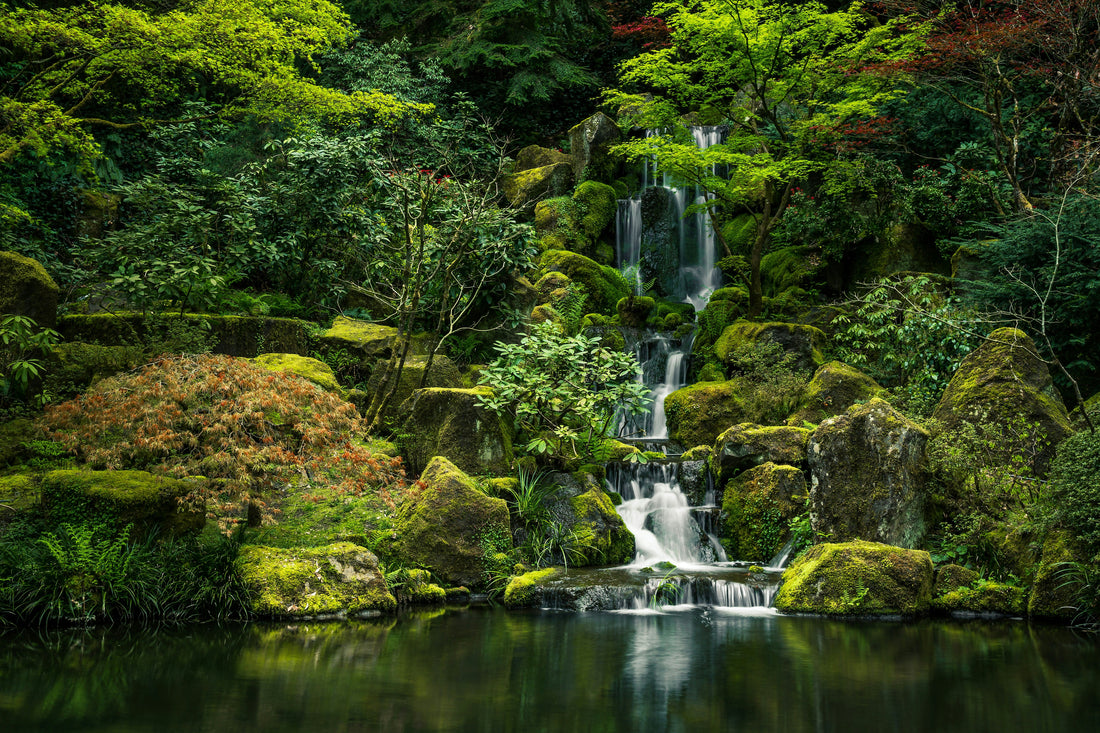Reading material
Japan and Coffee Culture

Japan and Coffee Culture
― From Edo to Reiwa: How Japan Shaped Its Unique Coffee Tradition ―
When people think of coffee, Western culture often comes to mind. Yet Japan has a surprisingly deep and unique relationship with coffee. Since its introduction in the Edo period, coffee has taken root in Japanese life, evolving into a culture that is now admired worldwide.
The Arrival of Coffee in Japan: Edo Period
Coffee first arrived in Japan in the 17th century through Dutch traders in Nagasaki's Dejima. At that time, it was not a drink for the general public but rather consumed by intellectuals and doctors, often treated more like medicine than a daily beverage. This was the humble beginning of Japan's long journey with coffee.
The Meiji Era: Birth of the Café
Coffee truly began to spread during the Meiji period, when Western culture flourished in Japan. In 1888, Japan's first café, Kahiichakan , opened in Tokyo's Ueno district. Coffee became a symbol of modernization, a drink for intellectuals and students, and cafés quickly grew into cultural hubs for conversation and exchange.
Taisho to Showa: The Golden Age of Kissaten
During the Taisho and Showa eras, Japan experienced a boom in kissaten (traditional coffee houses). Carefully brewed coffee using nel drip or siphon methods became part of musicians everyday life. These cafés were not just places to drink coffee—they served as salons for writers, artists, and. This period laid the foundation for Japan's distinct coffee culture.
Heisei to Reiwa: The Rise of Specialty Coffee
In recent decades, coffee in Japan has entered a new phase. Specialty coffee has become increasingly popular, focusing on bean origin, processing, and roasting styles. Tokyo, Kyoto, and other cities are now home to world-class coffee shops and roasteries. At the same time, convenience stores and home-brewing tools have made quality coffee accessible to everyone.
What Makes Japan's Coffee Culture Unique
Japan's coffee culture stands out globally for two main reasons:
・Precision Brewing : Brewing methods like nel drip and hand drip have been elevated to an art form, highlighting delicate flavors and balance.
・Fusion with Japanese Traditions : Coffee is often paired with wagashi (traditional sweets) or even enjoyed alongside onigiri, reflecting Japan's ability to blend foreign influences with its own heritage.
BONGENCOFFEE : A Modern Expression of Japan and Coffee
One of the finest examples of this fusion is BONGENCOFFEE , located in Ginza and Nihonbashi, Tokyo.
At the Ginza café, visitors can enjoy coffee in a serene space adorned with bonsai, reflecting Japanese aesthetics. The signature Ginza Blend offers refined depth and elegance, while the Original Blend balances aroma and softness.
At BONGENCOFFEE Nihonbashi , the experience goes even further: coffee is paired with onigiri made from premium rice by Shimazaki Farm, as well as traditional sweets like dorayaki and yokan. This creates a uniquely Japanese harmony between coffee and food—something you cannot experience anywhere else in the world.
Conclusion: Japan and Coffee, Past and Future
From its first introduction in the Edo period to today's specialty coffee boom, Japan has cultivated a coffee culture like no other. It is a culture defined by craftsmanship, precision, and a deep respect for harmony.
BONGENCOFFEE embodies this philosophy by blending traditional Japanese aesthetics with world-class coffee standards. It represents the ongoing story of Japan and Coffee Culture , bridging the past and the future.
👉 BONGENCOFFEE | OFFICIAL SITE
https://ginza-bongen.jp/